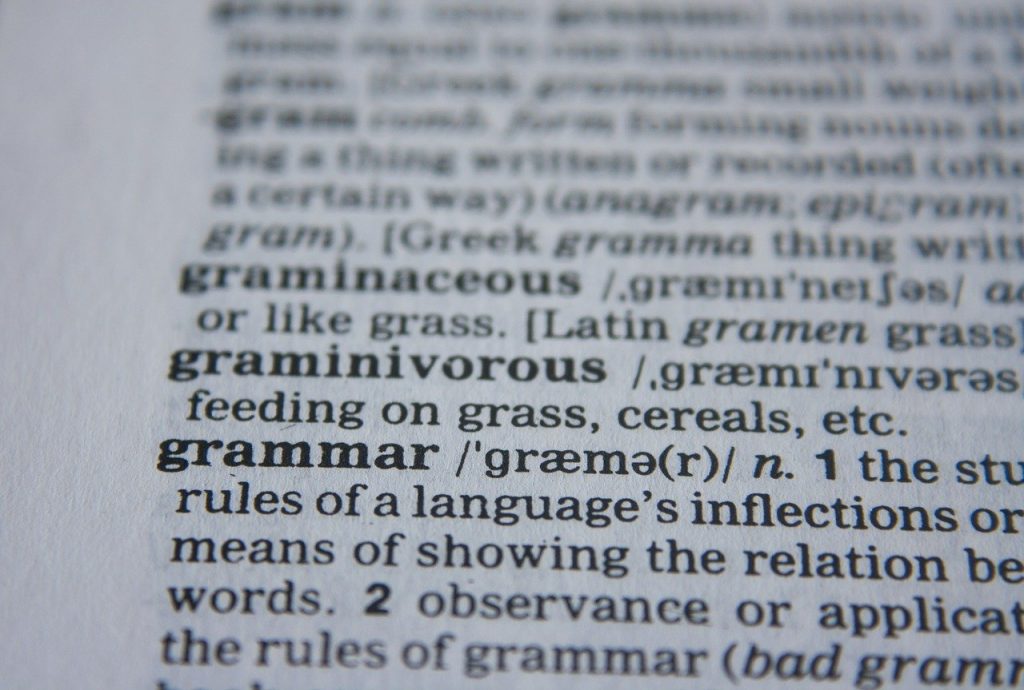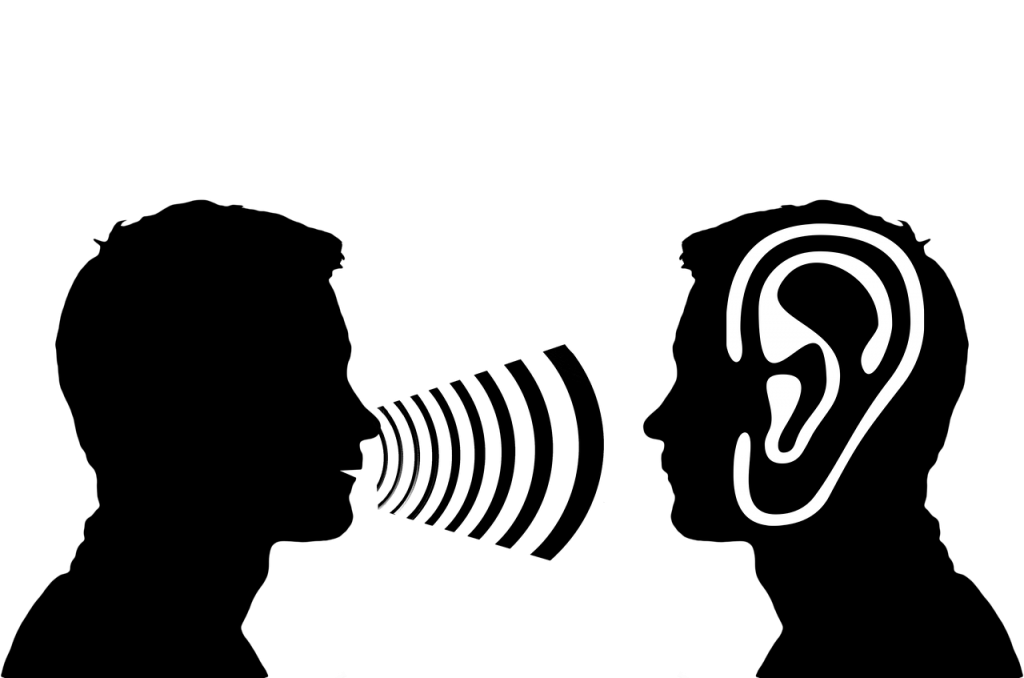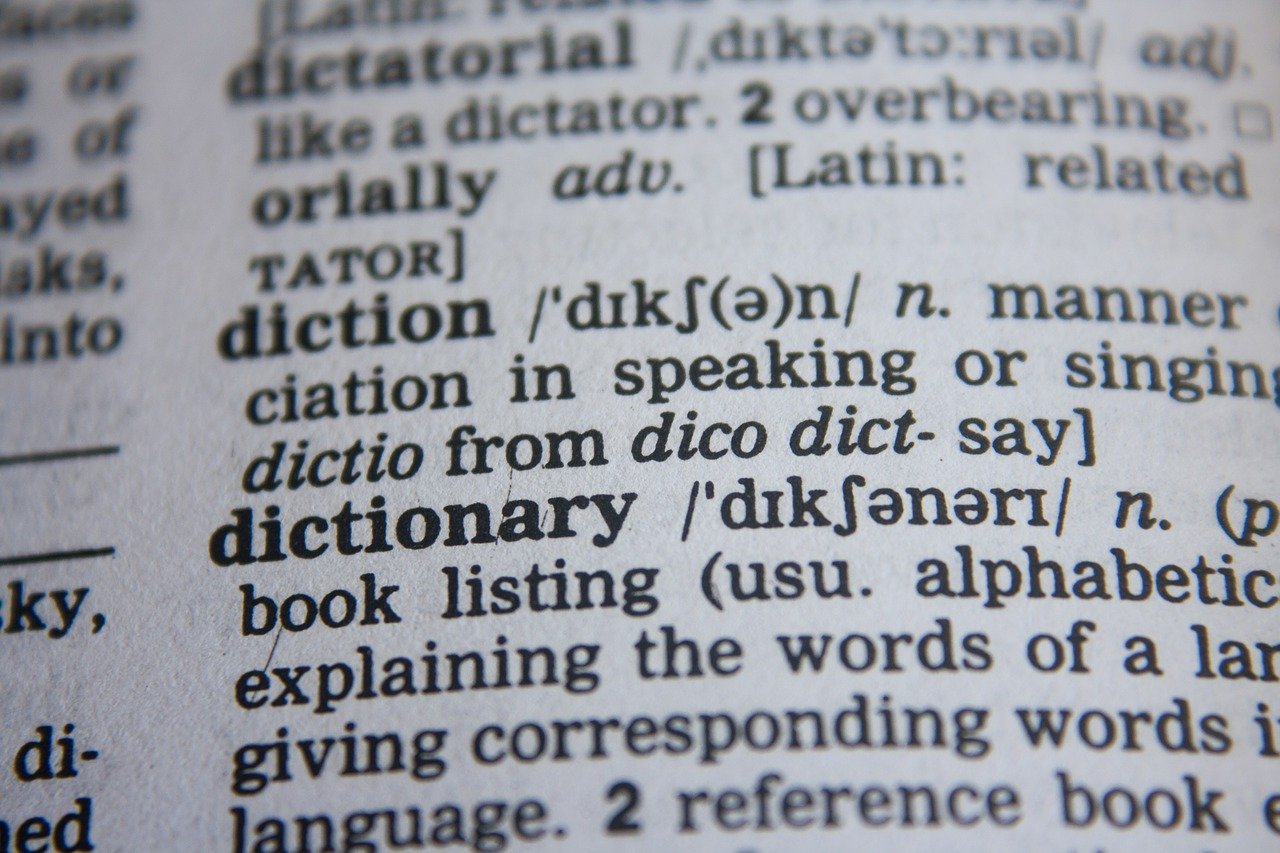Vocabulary is essential to communicating correctly. Whether it’s communicating with each other or trying to pass on information through content the words you use can make or break your efforts. For example, you could write your content up following all of Google’s guidelines and get it to the top of search rankings- but not help the very people you’re trying to reach specifically.
Much like a great e-commerce course communicates nuances to the audience looking for the very information the course is offering, but if it’s delivered using the wrong verbiage, in monotone, boring (no story to help people understand the context?) then although it will get to the audience, and many may love it, but if your target audience doesn’t love it, your mission is scrubbed.
Hitting The Mark But Acquiring the Wrong Readers

You may get people who don’t have any intention of buying your blinds or visiting your sales page/site, but who love your blinds cleaning tips. You’re trying to get people looking to buy blinds to your page, but the vocabulary you’re using, examples your using, and so on may be targeting tire kickers not serious shoppers.
There are a lot of potential angles and the very words you choose for your content can speak volumes to one person and be fluff to another. Simple to grasp for one and to another, they lack the vocabulary to understand what you’re trying to say- they don’t have enough information to get your metaphors, and so on. They may understand what you’re saying (information raw) but because of the language used, lose interest in the topic (maybe missing information or background context or the context of your example (your story)) because it sways them into an uncomfortable direction. Just as a comma can change the entire meaning (as can cadence of the sentence) the wrong words, wrong story angle, or wrong overall explanation style (relation).
Knowing Your Audience Nuance

Knowing your audience is knowing their basic general vocabulary, which lends to context they are looking for (similarity to their own thinking). One way to figure out what THAT vocabulary is is to go to the top search results for your niche (and/or sub-niche) and start reading the articles.
Many writers discover over time a lot of vocabulary in a topic simply by doing research and writing article after article (iteration after iteration) learning more tightly what words create the biggest impact. Which words can change the meaning of other words, and a general sense of how other writers reaching the same people or trying to, word their content.
It’s often a subconscious evolution as you become exposed to a lot of the same concepts surrounding a niche, but you can turn on the conscious work by paying attention and acclimating to your audience’s sense of vocabulary and context.
Deep Research Produces Deep Comprehension of Your Audience Vocabulary

Many things can be derived from simply doing the deep research neccessary to capture all the nuances of your audience. Vocabulary is the overarching descriptor, but it’s a mosaic of a variety of things. It’s like when you tell a friend about another friend of yours so they will understand them and not offend their sensibilities with the wrong topics, or angles on topics. What to say, what not to say, trigger words (maybe they were in an accident and you shouldn’t bring up how you love to watch those car crashes on YouTube) are all parts to consider.
Footprints

With a blind look at your audience, you can’t see them or acclimate to their understandings and such, but actions leave clues. Other people writing the content your researching may have first-hand knowledge of their audience. They may have second-hand knowledge from reading first-hand knowledge and added it to their article.
Either way, you are getting nuanced data about that audience that helps you see the footprints (authors adding other authors who have first-hand knowledge, for example, to their article creates a footprint of the original context.
Gathering Data Directly from the Audience

Comments left on these articles bring in even more data helping the accuracy of what to say, how to say it, and so on. As different authors gather facts, there starts to develop a pattern, a footprint of the audience’s preferences you can use to comprehend how to communicate effectively with that audience.
There is a range of different vocabulary that will work effectively in any given audience, a general behavior pattern emerges and has variations. Personalities vary within a group as well as distinguishing one from another- it’s all vocabulary!

Think about it. When your friends and you talk a synchronization happens. That’s partially in the vocabulary and stories or renders of metaphors you use. When someone new comes into the group there is a distinct difference in how they discuss things.
If they have similar experiences then they may lock into how the group is talking, and over trial and error discover the groups sync. In many ways your article content play this scenario out, only it’s easier to catch up to the audience/group sync because of the medium being used- words!
You can easily research and get to know an audience pretty quickly. As you write more articles and tune up your comprehension (what works or doesn’t force you to change up what you write) it becomes easier to see where things generalize within the audience and how far from the context you can go.
Conclusion

Vocabulary is how we both communicate with and interpret the world we exist in. It can change the very meaning of the information between two people if different words are used that help graft the information into their conciouseness to provoke imagery. Imagery is created from the interpretation of the words so what imagery your words provoke is important. Although many articles simply look “normal” to most people, the reality is that it’s the nuance words, the words that provoke specific imagery that will sway one reader to focus and another to lose focus or interest.
Vocabulary is also interpreted in groups to identify who deserves or should be in the group. Different professions have in house vocabulary and in niche vocabulary, so when continuity is important it’s your words that capture their attention, hearts, and minds- but it can also do the opposite!
Good Luck!





